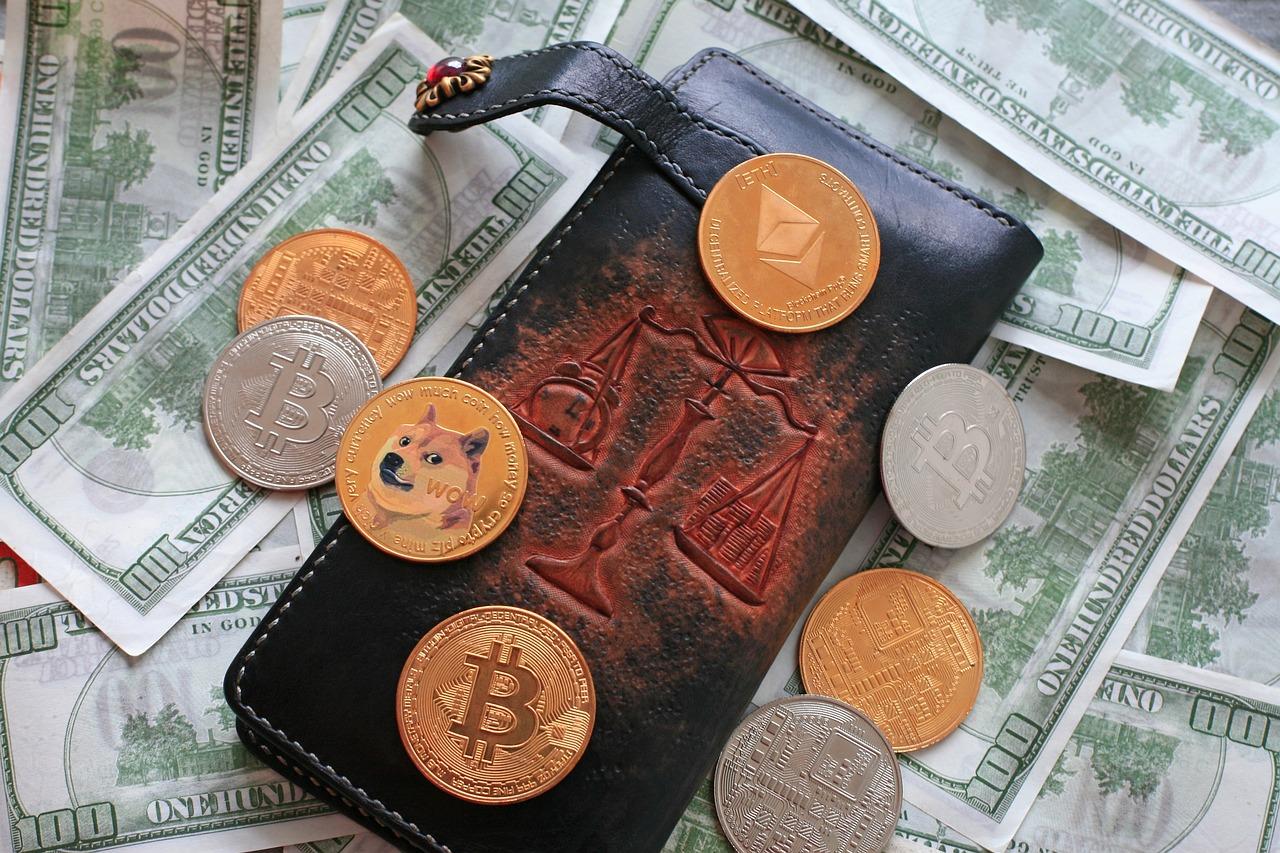Global perspective on cryptocurrency regulations varies extensively and has significant implications for individuals, businesses, and governments involved in various forms of crypto trading. This article probes into the dynamics of cryptocurrency regulations across the globe.
In some countries, cryptocurrencies are considered legal tenders, while others have imposed strict restrictions or outrightly banned them. For instance, Japan recognizes Bitcoin and other virtual currencies as a method of payment under the Payment Services Act. China, on the other hand, has implemented severe crackdowns on cryptocurrency trading and mining, citing financial risks.
The United States presents a unique case, with regulations differing state by state. Cryptocurrencies are legal but are considered as property for tax purposes by the Internal Revenue Service (IRS). Concurrently, U.S. Securities and Exchange Commission (SEC) treats some cryptocurrencies as securities.
European regulatory landscape is varied too, with individual countries adopting their own stance. Germany perceives Bitcoin as private money, France has enacted licensing requirements for some cryptocurrency activities, and Estonia has emerged as a pioneer in blockchain technology, even offering digital residency.
Regulation of cryptocurrencies in countries like South Korea, India, and Russia has been a see-saw ride - from initial zurich steps, lenience, severe crackdowns, to eventual accommodation. The reasons for these shifts range from inflation concerns, financial security, centralization aspirations, and power consumption issues related to mining cryptocurrencies.
As cryptocurrency adoption progresses, it's crucial for potential traders and investors to understand how different regulatory environments can impact their trading strategy. Efforts toward global regulatory harmonization are already underway by international bodies like the International Monetary Fund (IMF) and the World Bank. Meanwhile, regional cooperation, as seen among ASEAN countries, is also growing.
Exploring and understanding the dynamics of global cryptocurrency regulations can provide valuable insights for token creators, traders, businesses, and governments alike - offering a toolkit to navigate this complex and rapidly evolving field. Always remember that the lack of regulation doesn't necessarily equate to legality or safety. Diligent research and a keen understanding of regulatory frameworks are essential for engaging in cryptocurrency activities.



